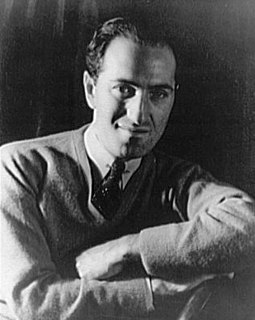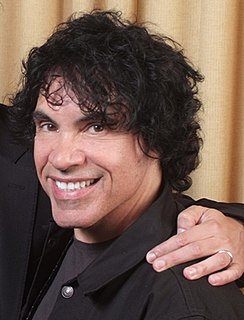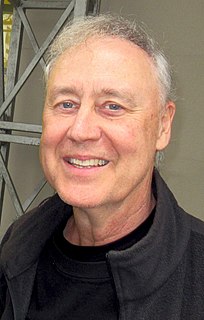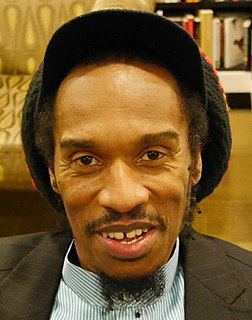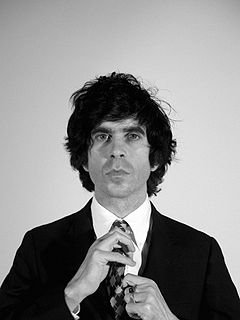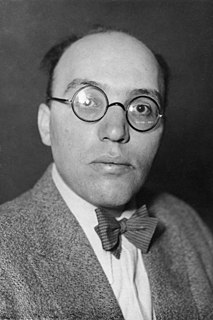A Quote by George Gershwin
Gershwin's melodic gift was phenomenal. His songs contain the essence of New York in the 1920s and have deservedly become classics of their kind, part of the 20th-century folk-song tradition in the sense that they are popular music which has been spread by oral tradition (for many must have sung a Gershwin song without having any idea who wrote it).
Related Quotes
I don't care if it's a Cole Porter song, or George Gershwin, or Lennon/McCartney, or Elton John, or you know, whoever, Bob Dylan. Great songs are great songs, and they stand the test of time, and they can be interpreted and recorded with many points of view, but yet still retain the essence of what makes them good songs.
Songwriters I've always been drawn to are people who deal with something of depth in the lyric writing. ...I've always been influenced by the folk song, the storytelling tradition in folk music. And so for years I wrote mostly story songs. I still do that, but as I've gone on, it's gotten a little more personal. I used to write mostly in the third person. I write a little more in the first person now.
I enjoy writing songs that could have been written before [my time]. When I feel like I'm tapping into a deep vein in the body of American music, it gives me strength as a writer, like I'm dipping my pen into a deep ink well. That's the folk music tradition. Like Pete Seeger said, 'Everyone's a link in the chain.' It's a strong chain, so rely on it. ... I believe it takes all those great songs in the past to make your song even a little bit good.
When she awoke there was a melody in her head she could not identify or recall ever hearing before. 'Perhaps I made it up,' she thought. Then it came to her - the name of the song and all its lyrics just as she had heard it many times before. She sat on the edge of the bed thinking, 'There aren't any more new songs and I have sung all the ones there are. I have sung them all. I have sung all the songs there are.
I love lyrics. I've always been averse to the straight lyric idea. I guess a big part of it is, that songs that are literary always turn me off. Because they feel so abstract. Like a song. What is a song? We have to remember what the function of a concert and the function of playing a song for people are. It's all become really abstracted.
Anything, even the conceptually most complex material, can be written for general audiences without any dumbing down. Of course you have to explain things carefully. This goes back to Galileo, who wrote his great books as dialogues in Italian, not as treatises in Latin. And to Darwin, who wrote The Origin of Species for general readers. I think a lot of people pick up Darwin's book and assume it must be a popular version of some technical monograph, but there is no technical monograph. That's what he wrote. So what I'm doing is part of a great humanistic tradition.
